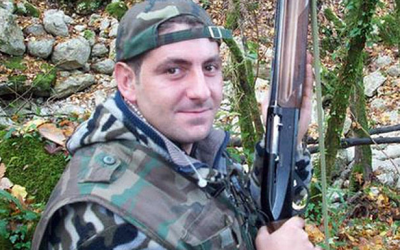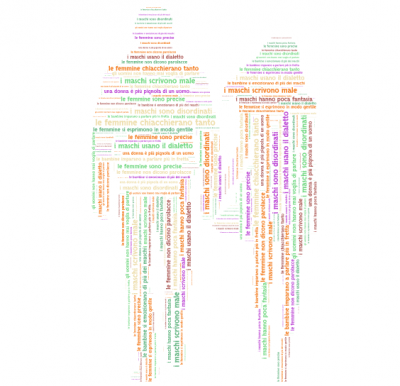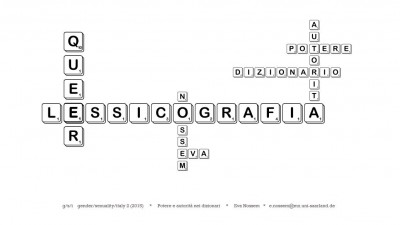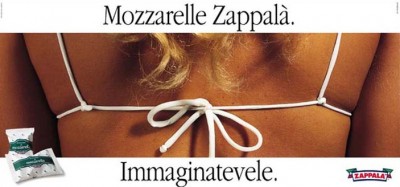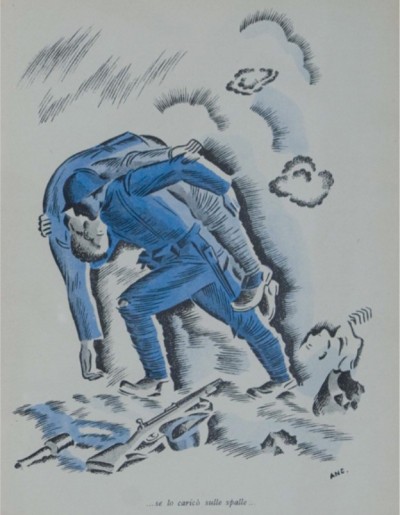6. “Il blog è mio e lo gestisco io:” Dominio di genere nel web italiano
“Il blog è mio e lo gestisco io:” Dominio di genere nel web italiano
by Ombretta Frau, Juliet Guzzetta
This article analyzes a form of online domination that can be identified as the verbal practice of gender domination centered on the body of those women that contribute, with their writings and their activism, to the life of the web, especially in those situations in which they attempt to build an intellectual and professional authority.

